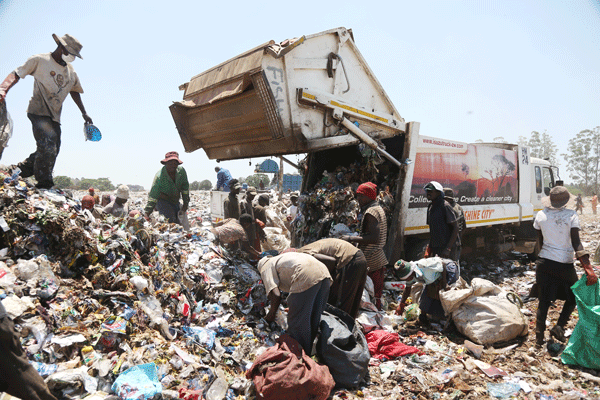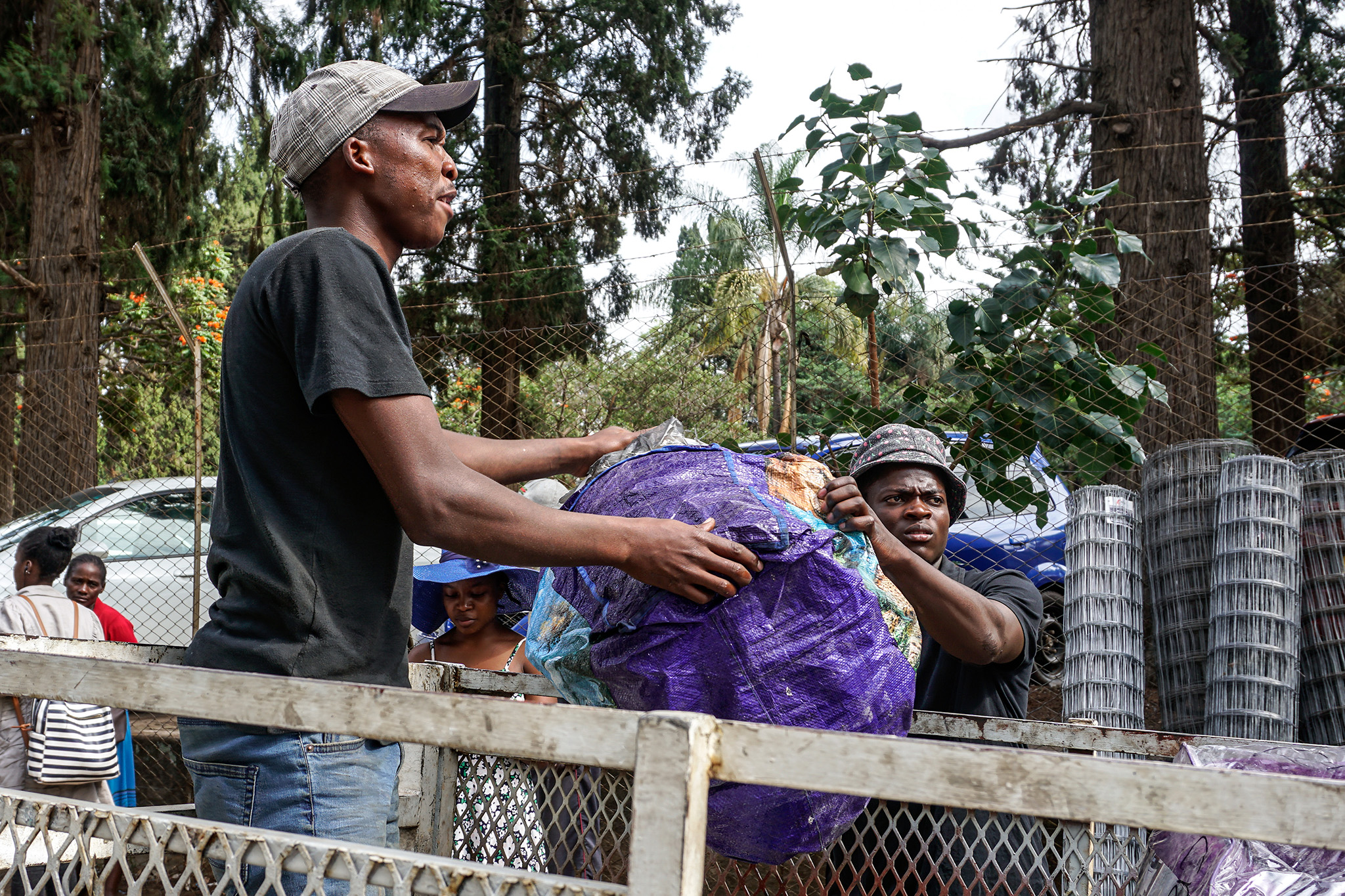Cross-border traders ready for action, worry over testing costs
CROSS-border traders have expressed readiness to jump into action when borders re-open this Thursday and are ready to undergo Covid-19 testing in line with health and safety guidelines.
Government recently approved the re-opening of international airports and inbound tourism starting from October 1, 2020. South Africa, a major trading partner with Zimbabwe, has also announced that it will be opening its borders for inbound travel at the same time.
Travellers will have to present, on arrival, the result of a negative Coronavirus test that is less than 72 hours old. If they cannot do so, they will be required to remain in mandatory quarantine at their own cost.
Everyone arriving in South Africa will be screened, and those who show any symptoms of Covid-19 will also be required to stay in quarantine until they test negative for the virus again.
Cross-borders traders are, however, concerned that the regulations would eat into their pockets. They noted that most laboratories in Zimbabwe charge about US$60 for a PCR test, which will be too costly mainly for those traders who travel twice or thrice in a week.
Cross-Border Traders’ Association of Zimbabwe (CBTAZ) president, Killer Zivhu, said the organisation has since secured an agreement with a laboratory in Bulawayo to test each trader for less, at US$35 only.
A Bulawayo based cross border trader, Mrs Phephe Nnam, said affordable testing services were critical given that traders have made losses during Covid-19 lockdown period.
“We have been out of business since March and we have been down to our last dollar. Although we were happy that the borders are being opened, we didn’t know where to get the money for testing,” she said. “It’s very expensive and yet we haven’t made any money since lockdown, so this move by the organisation is a great thing for us,” said Mrs Nnam.
Another trader, Mrs Miriam Ncube, said they were worried about their security of travel on the back of incidents of robberies along the highways. “Yes, the borders will be opened, but the problem now is that those robbers along the road would be stealing. I foresee this happening, and I urge security agencies to be on high alert during the opening of borders,” said Mrs Ncube.
Mr Zivhu assured their members that the partner laboratory in Bulawayo was credible enough to do a good job as it was run by renowned scientists.
“Besides Bulawayo we have other centres for the cross-border traders as we prepare for the opening of borders on October 1,” he said.
He said the development would benefit over two million traders who are members of the organisation. According to Mr Zivhu, Bulawayo will be the focal centre where all samples will be tested.
“Traders’ samples will be sent to the laboratory and tests will be speedily done and resent to the province where they came from,” he said.
In order to protect Zimbabweans, Mr Zivhu said the US$35 will be for tests done when one is leaving the country and upon return. “What we are saying is that when you go to South Africa you must protect South Africans by testing and when you come back you should retest again to protect Zimbabweans,” he said.
“Upon returning to Zimbabwe and getting retested if they decide to go back to SA within the 14 days window period, they will use the same test certificate. This would save them a lot of money because other laboratories charge US$60 per test,” he added.-chronicle.co.zw








